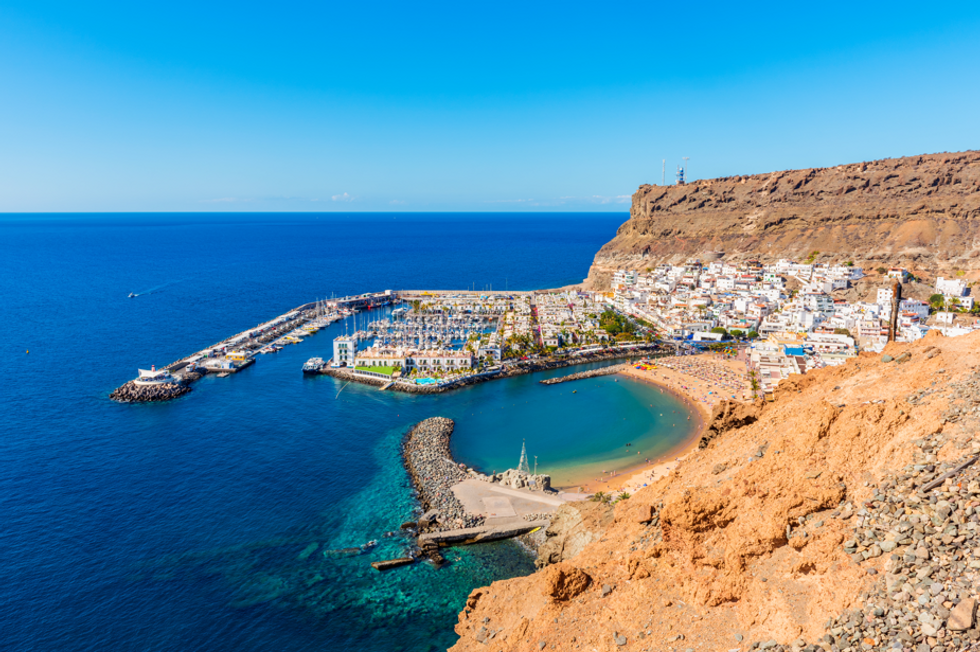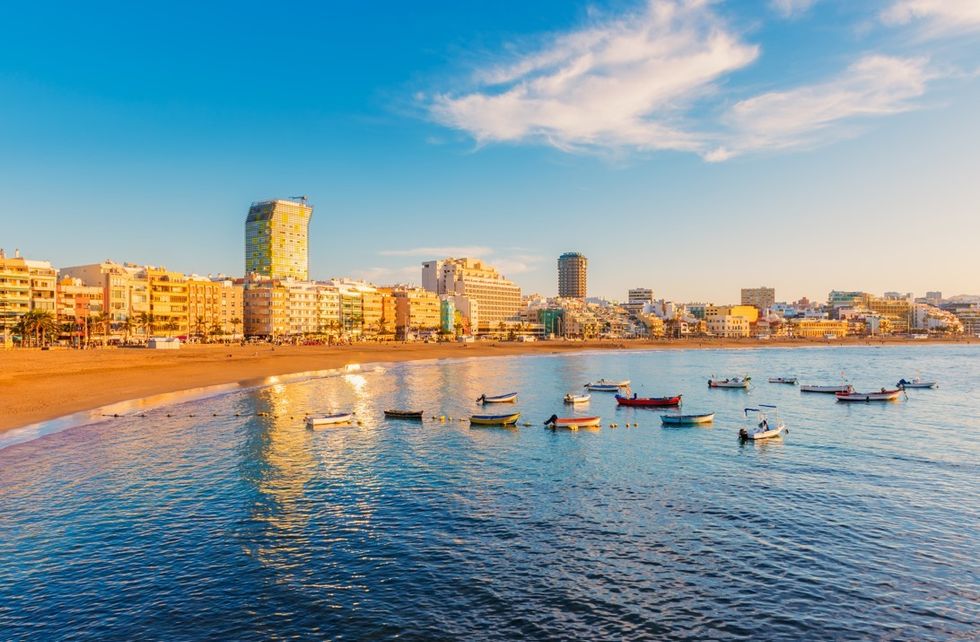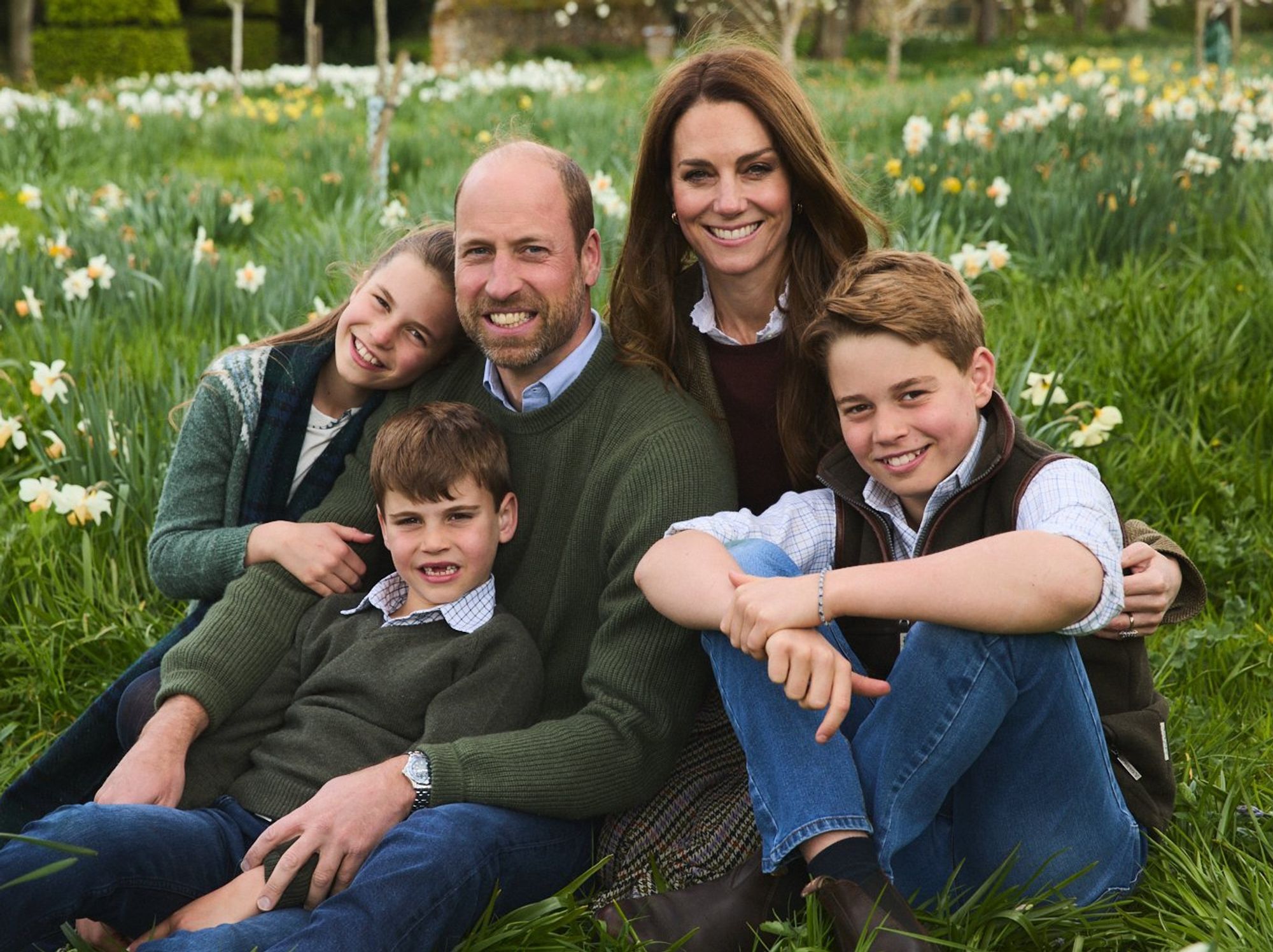Holidaymakers warned of new fees as Gran Canaria introduces tourist tax affecting Britons

Part of Spain popular with tourists has introduced a new tax for holidaymakers
Don't Miss
Most Read
Latest
Mogán town in Gran Canaria has brought in a new fee that will apply to visitors staying overnight.
The new payment, effective from this month, will be charged per person per night.
The new fee was announced last month and officials said the profits will be reinvested into the local tourist industry.
It applies to those who are staying in tourist establishments such as hotels or holiday homes.

Mogán, Gran Canaria, has introduced a new tourist tax
|GETTY
The fee stands at €0.15 per person per night, meaning a family of four will be charged an extra €4.20 (around £3.50).
While it is unlikely to break the bank, holidaymakers should be aware of the extra charge they must pay when arriving for their sunny break.
For taxes applying to holiday homes, the owner of the property must pay the tax in six-month periods, although it is likely this cost will be passed on to those staying in the establishment.
The fee is not set in stone but was calculated by investigating what facilities had been negatively impacted by tourism in the area.
A study estimated the cost to be more than €2.7million (around £2.2million).
Speaking in December 2024, the mayor of Mogán Onalia Bueno said: "The tourists who stay in the municipality contribute to paying what proportionally corresponds to them for the services and activities they enjoy during their stay.
"Under no circumstances do we want the residents to assume all the tax pressure through an increase in rates.
LATEST DEVELOPMENTS

Holidaymakers should be aware of the fees
|GETTY
“Mogán does not turn its back on tourism but quite the opposite. We embrace it and expect it with quality services."
Spain is a popular destination for British holidaymakers and for expats to move to.
One man who moved from the UK to Spain has shared advice on some practices that are different over there.
He explained Spanish people rarely invite friends to their houses, the way they might casually do so in Britain.











